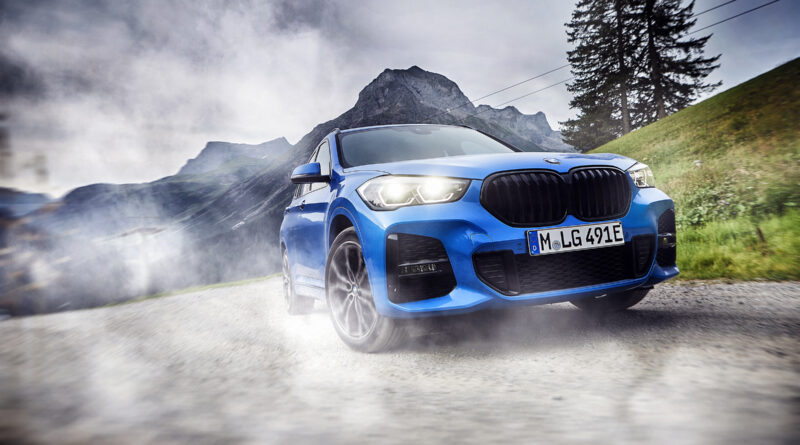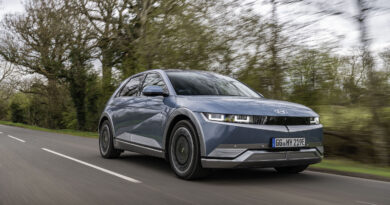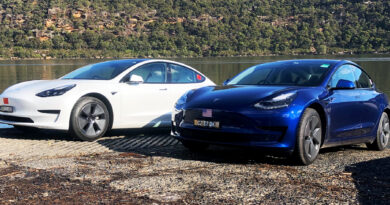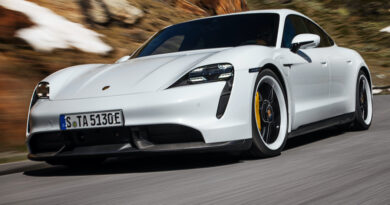X1, 5-Series and 7-Series EVs by 2023 in BMW BEV barrage
BMW has confirmed at least three new EVs by mid-2023 – including a compact electric SUV and an electric limousine.
And by 2023 the company has promised EV versions “in nearly all our vehicle segments” as it steps up its electric car offensive.
In a statement delivered by BMW chairman Oliver Zipse overnight the company said it would have battery electric versions of the X1, 5-Series and 7-Series on sale within two years as part of a ramp up of EVs to take advantage of growing demand.
Describing the EV onslaught as “coming in rapid succession from here on”, Zipse said: “In the next two years, we will launch all-electric versions of the BMW 7-Series, X1 and 5-Series”.
“We are 100 percent committed to BEVs – wherever the use of battery-electric drivetrains makes sense, and it is possible because the conditions are right.”
The X1 compact SUV – set to be called BMW iX1 – will give BMW an EV accompaniment to the mid-sized iX3 and iX electric SUVs that will arrive in Australia later in 2021.
It will also provide BMW with a rival for the upcoming Lexus UX300e and Mercedes-Benz EQA as the third compact EV SUV from a prestige brand.
The BMW X1 EV should also be one of the most affordable EVs in the BMW lineup.
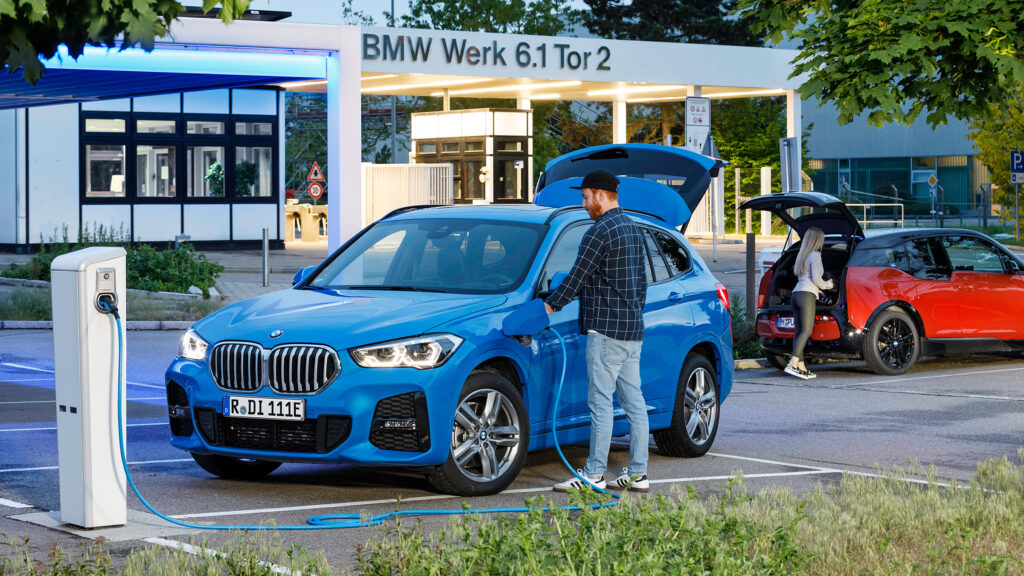
And while the X models are a key pillar of BMW’s EV growth over the next couple of years, the German brand is clearly not overlooking some of its core models in the 5-Series large sedan and 7-Series limousine.
Each is now confirmed to have an EV option by 2023, providing some electric rivalry to the upcoming Mercedes-Benz EQS.
However, whereas the EQS is designed from the ground up on a bespoke EV platform, it appears the 7-Series EV will be designed around the existing ICE architecture.
Similarly, the 5-Series EV looks set to be created from an existing platform.
The differences in execution are obvious within BMW’s soon-to-arrive EV range: the BMW iX3 uses the platform of the X3, while the BMW iX has more design freedoms by placing batteries, wheels and electric motors in an ideal position to maximise interior space.
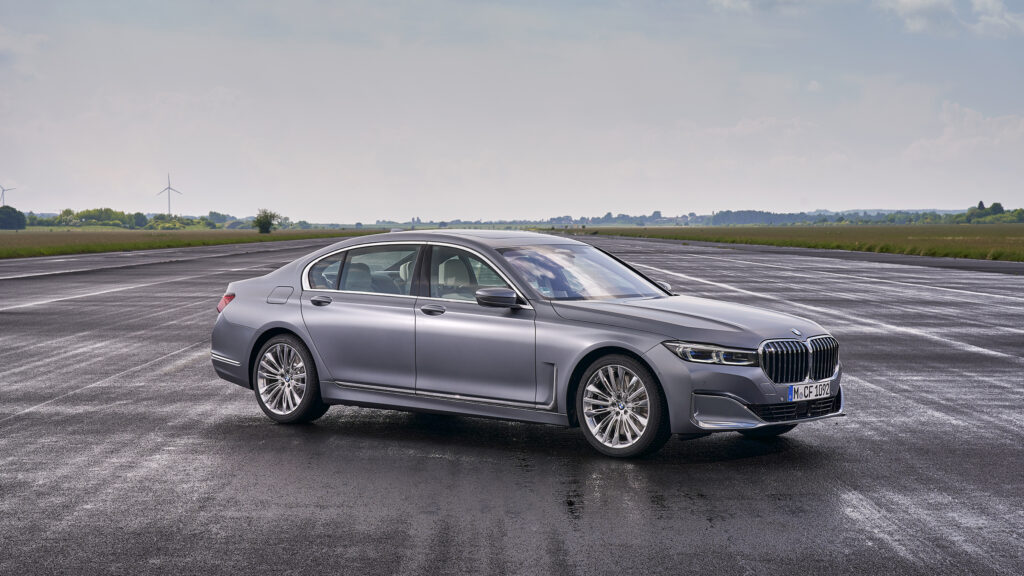
Still, it’s a big move by BMW and one that shows the brand is on a strong EV trajectory, building on the cars it has already promised.
Zipse said it was all about ensuring customers had a broad selection of EVs to choose from.
“By 2023, we will offer our customers at least one BEV option in nearly all our vehicle segments,” he said.
That’s a lot of segments to cover off. The ICE-powered BMWs currently include the 1-Series, 2-Series, 3-Series, 4-Series, 5-Series, 7-Series, 8-Series, Z4, X1, X2, X3, X4, X5, X6 and X7.
However, that statement doesn’t mean there will be an EV of every model: far from it. That’s because many of those EV models have already been promised and will between them cover off a vast array of vehicle segments – as opposed to all the models in the BMW portfolio.
Between the just-announced X1 EV and the already-revealed iX3 and iX BMW has covered off most of the size spectrum of its SUV range – small, medium and large.
The upcoming BMW i4 gives buyers looking at a 3-Series an EV alternative while the just-announced 5- and 7-Series EVs cover off larger electric sedan options.
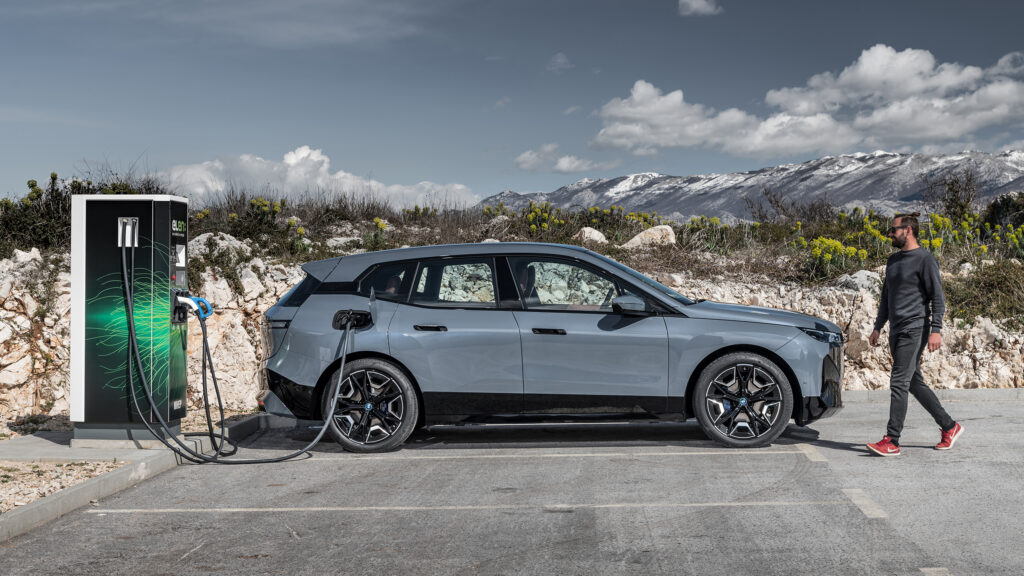
There have been various rumours about an i1 hatchback or 1-Series EV, but no confirmation from BMW yet.
And Zipse didn’t say there would be an EV option for every BMW customer, instead confirming that there would a “BEV option in nearly all our vehicle segments”.
Our guess would be the Z4 two-seat sports car may be left to its petrol-fueled existence.
No word yet on whether BMW will do a seven-seat SUV.
And from 2025 BMW effectively starts again with a new EV-focused engineering and design ethos called the Neue Klasse, or “new class”.
Zipse has previously described Neue Klasse as “liberating ourselves from today’s segments and architectures … revolutionising the underlying logic of our product offering and combining it with a new vehicle architecture, based on the principle of e-mobility first”.
Zipse says the Neue Klasse will position BMW for an EV-intense period towards 2035.
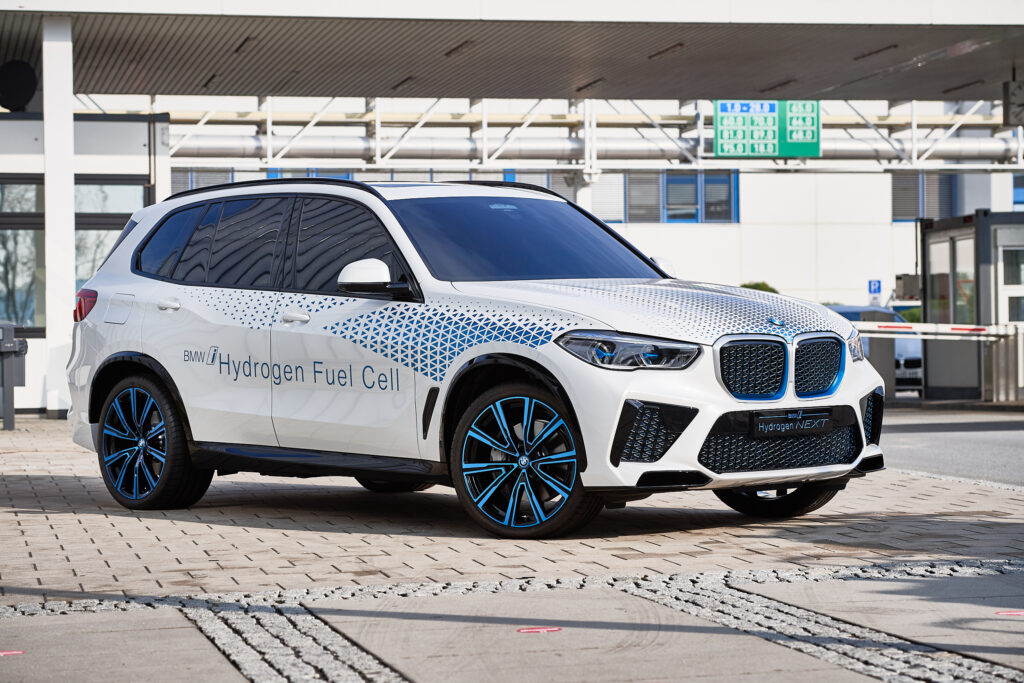
“This all-new product offering is our response to the highly complex requirements of the coming decades. In many respects, the Neue Klasse is a real quantum leap – for future model generations, toolkits, technologies, cooperation and our mindset across the BMW Group. Our new vehicle architecture is uncompromisingly electric, whether with battery power or hydrogen.”
Indeed, hydrogen fuel cell technology is something Zipse sees as playing an important part of BMW’s EV future.
“Going forward, hydrogen technology will become more important, alongside electric power – and not, as is often rumoured, just for utility vehicles. This is another area where we are delivering: Our small series of the BMW i Hydrogen Next will be released next year.”
And Zipse says “e-fuels could also be an option for certain regions”.

